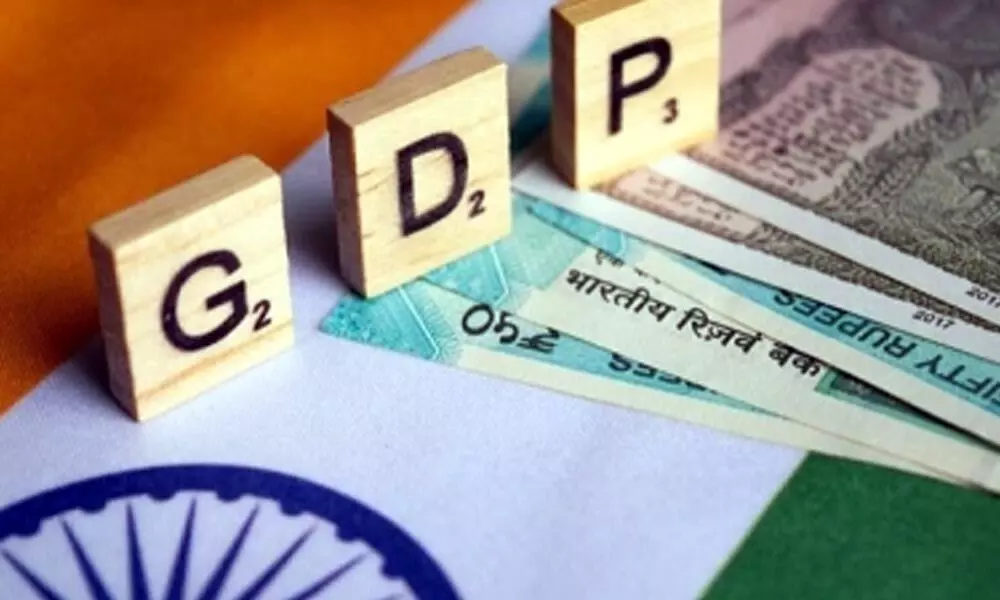RBI maintains India's FY22 GDP growth projection at 9.5%
The Reserve Bank of India (RBI) on Wednesday maintained India's GDP growth projection for the current financial year to 9.5 per cent on accelerated economic recovery along with pent-up demand
image for illustrative purpose

Mumbai, Dec 8 The Reserve Bank of India (RBI) on Wednesday maintained India's GDP growth projection for the current financial year to 9.5 per cent on accelerated economic recovery along with pent-up demand.
Accordingly, GDP is expected to grow at 6.6 per cent in Q3, 6 per cent in Q4, 17.2 per cent in Q1FY23 and at 7.8 per cent for Q2FY23.
In a virtual address after the MPC's bi-monthly meet, RBI Governor Shaktikanta Das said: "Incoming information indicates that consumption demand has been improving, with pent-up demand getting reinforced by the festive season. Rural demand is exhibiting resilience and farm employment is picking up with the robust performance of agriculture and allied activities, supported by a strong start to rabi sowing."
"Other indicators like railway freight traffic, port cargo, GST receipts, toll collections, petroleum consumption and air passenger traffic have also picked up in October or November."
Besides, he said that recent reductions in excise duty and state VAT on petrol and diesel should support consumption demand by increasing purchasing power.
Das cited that the government consumption has been picking up from August, providing support to aggregate demand.
Furthermore, he said the Centre's relaxation of additional market borrowings by states equivalent to 0.5 per cent of gross state domestic product (GSDP) subject to certain capex related milestones and the decision to front-load tax devolution are likely to bolster capital outlays of the states.
He pointed out that the Centre's focus on 'capex' should crowd in private investment, which has remained in a prolonged state of muted activity.
"Overall, the recovery that had been interrupted by the second wave of the pandemic is regaining traction, but it is not yet strong enough to be self-sustaining and durable. This underscores the vital importance of continued policy support."
"Downside risks to the outlook have risen with the emergence of Omicron and renewed surges of Covid-19 infections in a number of countries.

